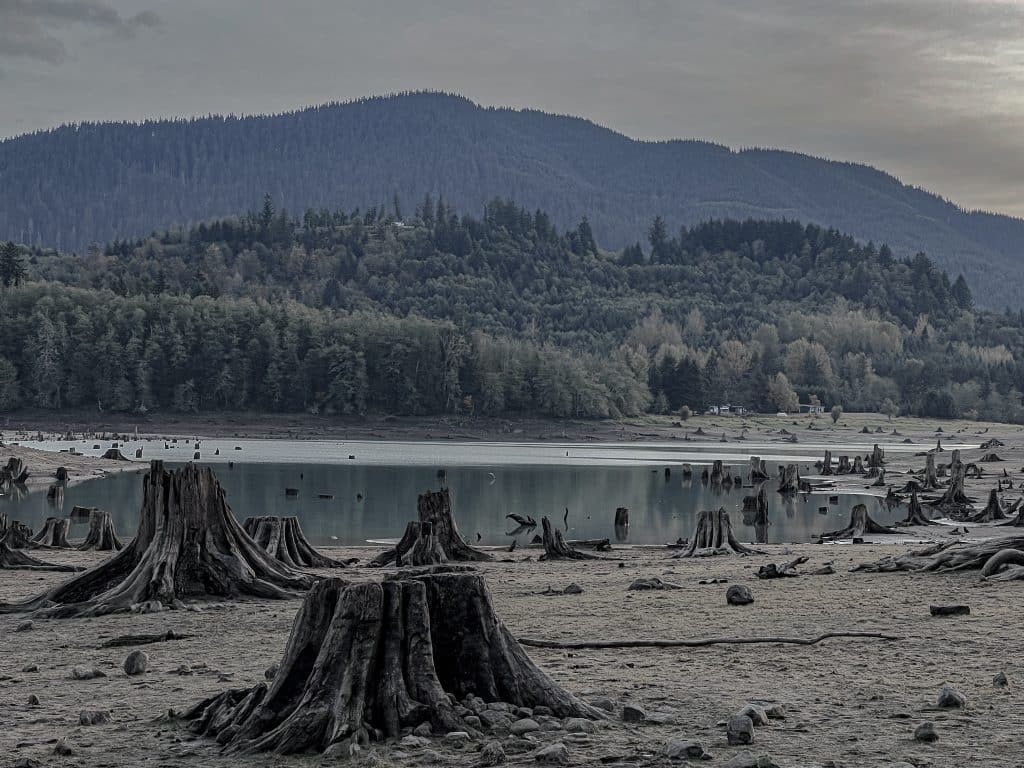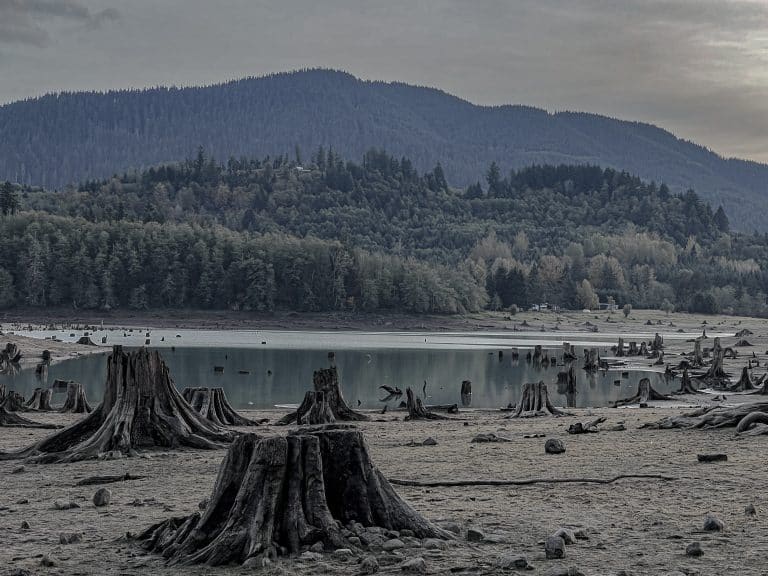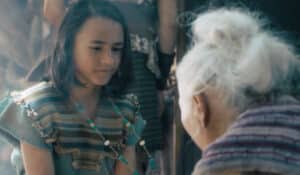I’m watching the Maze Runner series with my 14-year-old and for the life of me I can’t remember agreeing to it. I have a hard time believing I would ever willingly step into the hellscape that is this no-way-out, never-trust-anyone, there-is-no-end-to-the-maze movie. I have nightmares where I can’t escape; I don’t need to watch it on TV.
I have successfully avoided most of the children-killing-children movies: Hunger Games, Lord of the Flies, and Maze Runner. Until now. You would think that watching the entire Fast and Furious franchise (twice) over covid lockdown would have exempted me from movies I don’t choose, but here I sit, on my couch, watching Maze Runner: The Scorch Trials with my youngest and my husband, who is a more willing participant. They’re both on their phones because ADHD. Which is exactly why I’m writing my blog post now. Well, that and I’m not really interested in more dystopian “fiction” which, to be honest, looks increasingly like a prophesy.
I like YA fiction, just not the only-a-16-year-old-can-save-the-universe type of fiction. Ok, that isn’t quite true. If it takes place in, say, outer space or, perhaps, on another planet, or in a different time that looks nothing like my time, I like it. Nnedi Okorafor’s Bindi stole my heart and I think about the scene on the ship all the time. It isn’t that I think 16-year-olds couldn’t save us. I’m pretty sure they could. I just don’t think they should have to save us. Or, if they have to, maybe we don’t deserve saving.
I hear a lot of old people exactly my age complaining about kids these days. “Kids just don’t know how to work,” and “kids don’t have any loyalty.” Psh. That’s just a get-off-my-lawn way of saying we taught our children to respect themselves, draw boundaries, recognize abuse, and now they’re looking at us like we’re the bad guys.
We are.
We are the bad guys.
We created a world where a movie about children killing each other for entertainment hits a little too close to home. Where the sun scorching the earth is, well, actually happening.
But here’s the thing. For all our foot-stomping, we did a good job with those kids. They believed us when we told them they were valuable–too valuable to let abuse masquerade as fidelity. They see the mess and, instead of fighting each other to get to the top of the heap, they opt out of the scramble. They look at our fables and say, “Cute that you think a reluctant hero is coming to save you all. Why don’t we put that in a movie, where it belongs, and work on consent, community, and care in our real lives?”
Each generation criticizes the younger generation. They wave their hands in the air and scream about dying civility and the decline of the world as we know it. I don’t think our kids are proof that the world is in disarray; I think they’re proof that it’s trending up.
Oof, so maybe we do need a group of rag-tag teenagers to rescue us all. Don’t let my teenager know I said that, though. He already thinks he’s smarter, faster, funnier, and more clever than his parents and I don’t need anyone feeding that ego. I mean, he’s not wrong, I just don’t want to live with him once he figures that out.
In case you want to join us, we’re watching Maze Runner: The Death Cure tomorrow.







4 Responses
I’m not sad my kids haven’t clued into Maze Runner, but we are seven books deep into a family read aloud of all the Percy Jackson series. I snuck ahead and read the new Chalice of the Gods myself and it has struck me how world weary, but optimistic Percy Jackson really is. He knows the Gods will screw him over, he’s tired of it, but he tries to do what he can. He holds on to his hope and his humor. I can’t think of a better metaphor for our youth. They know the score and they keep trying. They’re really quite remarkable (but I’m not going to tell them that either).
I love this comment so much. And if you have the chance to check out the PJ musical, you might enjoy it. It has all of that weary hopefulness you wrote about.
Haha! Loved this witty piece. Thanks! (I much disliked Maze Runner but I’ve only read the book.)
“…too valuable to let abuse masquerade as fidelity”
and “They see the mess and, instead of fighting each other to get to the top of the heap, they opt out of the scramble. They look at our fables and say, “Cute that you think a reluctant hero is coming to save you all. Why don’t we put that in a movie, where it belongs, and work on consent, community, and care in our real lives?”
I needed to hear these framings, thank you.